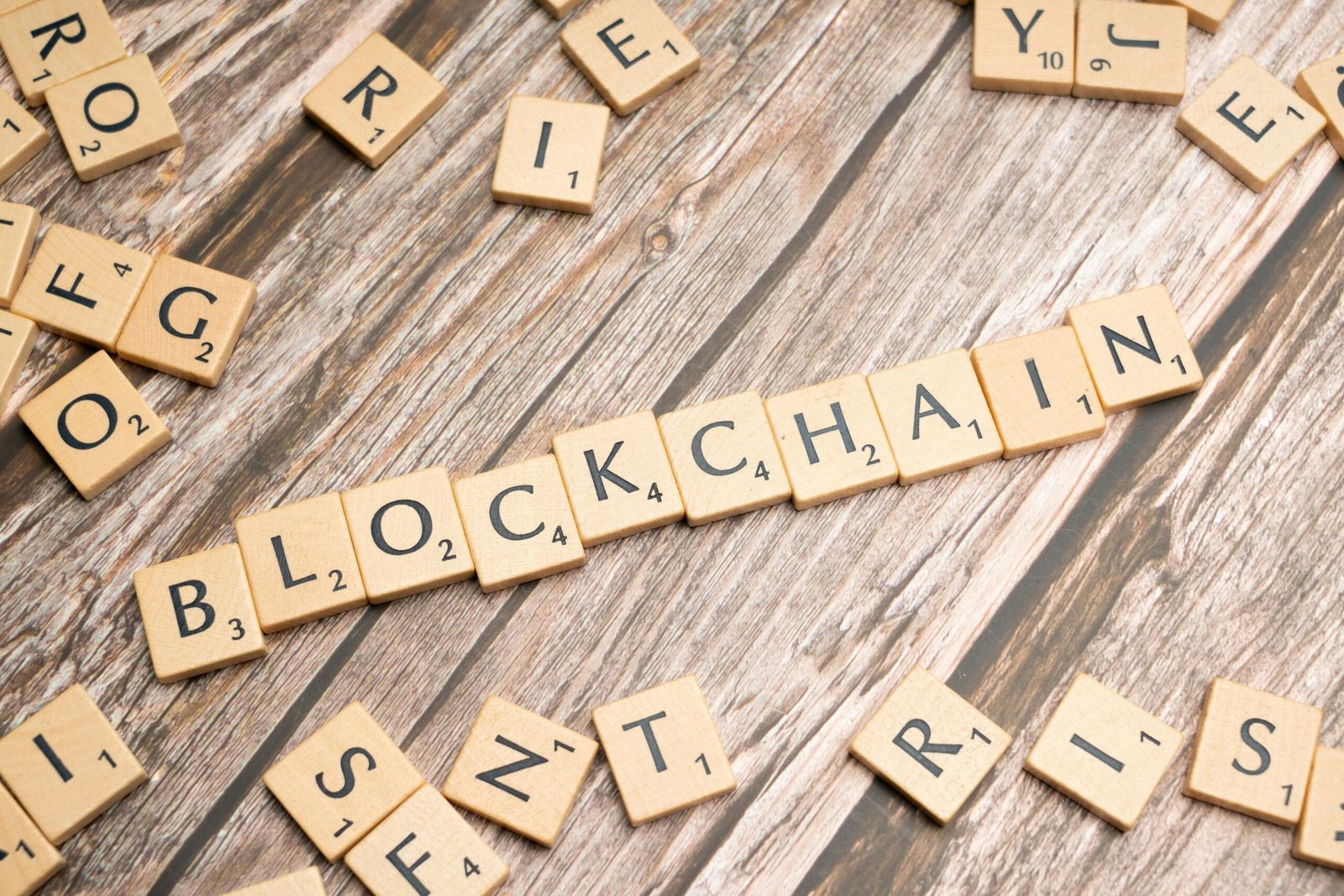Breaking News
Popular News




Enter your email address below and subscribe to our newsletter

Role of Validators in Blockchain: As blockchain ecosystems evolve, validators have become one of the most critical components in maintaining decentralized networks. But what exactly do validators do? Are they just miners with a new name? Not quite.
At bit2050.com, we break down the Role of Validators in Blockchain into 7 powerful functions that every crypto user, investor, or developer should understand in 2025.
Validators verify and validate new transactions on a blockchain before adding them to the ledger. This ensures:
Accuracy
No double-spending
Trustless consensus
In Proof of Stake (PoS) networks, validators replace traditional miners by staking tokens instead of using computational power.
Once transactions are verified, validators bundle them into blocks and propose these blocks to the network. If the block is valid:
It’s added to the blockchain
The validator earns a reward (often in native tokens)
On Ethereum 2.0, this is now the standard process after moving from PoW to PoS.
Validators collectively secure the blockchain by ensuring only valid transactions are included. They play a key role in:
Achieving consensus
Preventing attacks like 51% or double-signing
Slashing penalties for dishonest behavior
The more decentralized the validator set, the more secure the network.
In many PoS blockchains, validators help shape the network by voting on protocol upgrades and governance proposals. Their votes often:
Represent their own stake
Represent the stake delegated by others
Examples include Cosmos, Polkadot, and Tezos, where validators directly influence the future of the protocol.
Most people don’t run validator nodes themselves. Instead, they delegate tokens to validators. These validators:
Operate on behalf of token holders
Share block rewards with delegators
Earn trust through uptime and performance
Popular validators include Everstake, Figment, and Staked.us.
Validators are crucial in cross-chain bridges and interoperability protocols. They verify:
Wrapped token minting
Asset swaps between chains
Data relay between Layer 1 and Layer 2 networks
Projects like Axelar, LayerZero, and IBC (Inter-Blockchain Communication) rely heavily on validator consensus.
In some networks, validators also serve as oracles or data providers:
Feeding off-chain data to smart contracts
Ensuring availability for rollups (e.g., Ethereum’s Danksharding)
Maintaining zero-knowledge proof integrity
For example, Chainlink nodes act as validators in delivering decentralized oracle data.
A: A validator is a node that verifies transactions, proposes blocks, and helps achieve consensus in a blockchain network, especially in Proof of Stake systems.
A: Validators earn block rewards and transaction fees. Delegated tokens can also increase their earnings, which they often share with delegators.
A: Technically, yes—if you meet the minimum stake requirement and have the necessary infrastructure. For example, Ethereum requires 32 ETH to run a validator node.
A: Most blockchains impose slashing penalties, where part of the validator’s staked tokens are destroyed or confiscated for dishonest behavior.
A: Validators replace miners and are essential for securing the network, maintaining decentralization, and enabling on-chain governance.
The role of validators in blockchain is not just technical—it’s foundational. From transaction verification to governance and interoperability, validators are the heartbeat of any decentralized system in 2025.
To stay ahead of the blockchain curve, bookmark bit2050.com—your go-to hub for all things crypto, DeFi, and Web3 innovation.